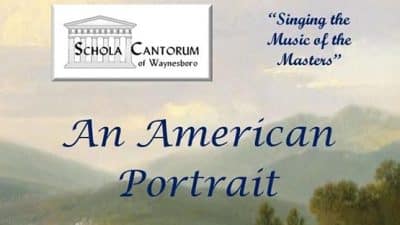Governor Terry McAuliffe today announced a new state historical marker to commemorate the U.S. Supreme Court’s decision in the landmark case of Loving v. Virginia.

“I am honored to unveil this historical marker memorializing the landmark Loving v. Virginia Supreme Court case and Mildred and Richard Loving’s courageous struggle to fight for what they knew was right,” said Governor McAuliffe. “This revolutionary case overturned decades of discrimination against interracial couples, and established the principle that two people who love each other have the right to make a life together with the blessing of the state.”
In July of 1958, Richard Loving and Mildred Jeter were arrested in the Caroline County community of Central Point for violating Virginia’s laws against interracial marriage. They were convicted and sentenced to one year in jail, with the sentence suspended on the condition that they leave Virginia. In 1963, the couple enlisted the help of the American Civil Liberties Union, which unsuccessfully sought to reverse their convictions in the state courts of Virginia and then appealed to the U.S. Supreme Court. The Supreme Court’s ruling in the Loving v. Virginia case had an immediate and profound impact by prohibiting anti-miscegenation laws across America.
Virginia’s historical highway marker program, which began in 1927 with the installation of the first historical markers along U.S. Route 1, is considered the oldest such program in the nation. Currently there are more than 2,500 official state markers, most maintained by the Virginia Department of Transportation, as well as by local partners in jurisdictions outside of VDOT’s authority such as Richmond.
The Loving v. Virginia marker was approved for manufacture and installation in 2016 by the Virginia Board of Historic Resources, the board authorized to approve all new state historical markers. Manufacturing costs were covered by a federal transportation grant. The sign’s inscription reads as follows:
Loving v. Virginia
Richard Loving and Mildred Jeter, defined under Virginia’s 1924 Racial Integrity Act as an interracial couple, married in June 1958 in Washington, D.C., and returned home to Caroline County. Arrested in July for violating Virginia’s laws against interracial marriage, the Lovings were convicted and sentenced to one year in jail, suspended on the condition that they leave Virginia. In 1963 they obtained help from the American Civil Liberties Union, which unsuccessfully sought to reverse their convictions in the state courts of Virginia and then appealed to the U.S. Supreme Court, which, in the case Loving v. Virginia(1967), overturned all state laws restricting marriage on the basis of race.










